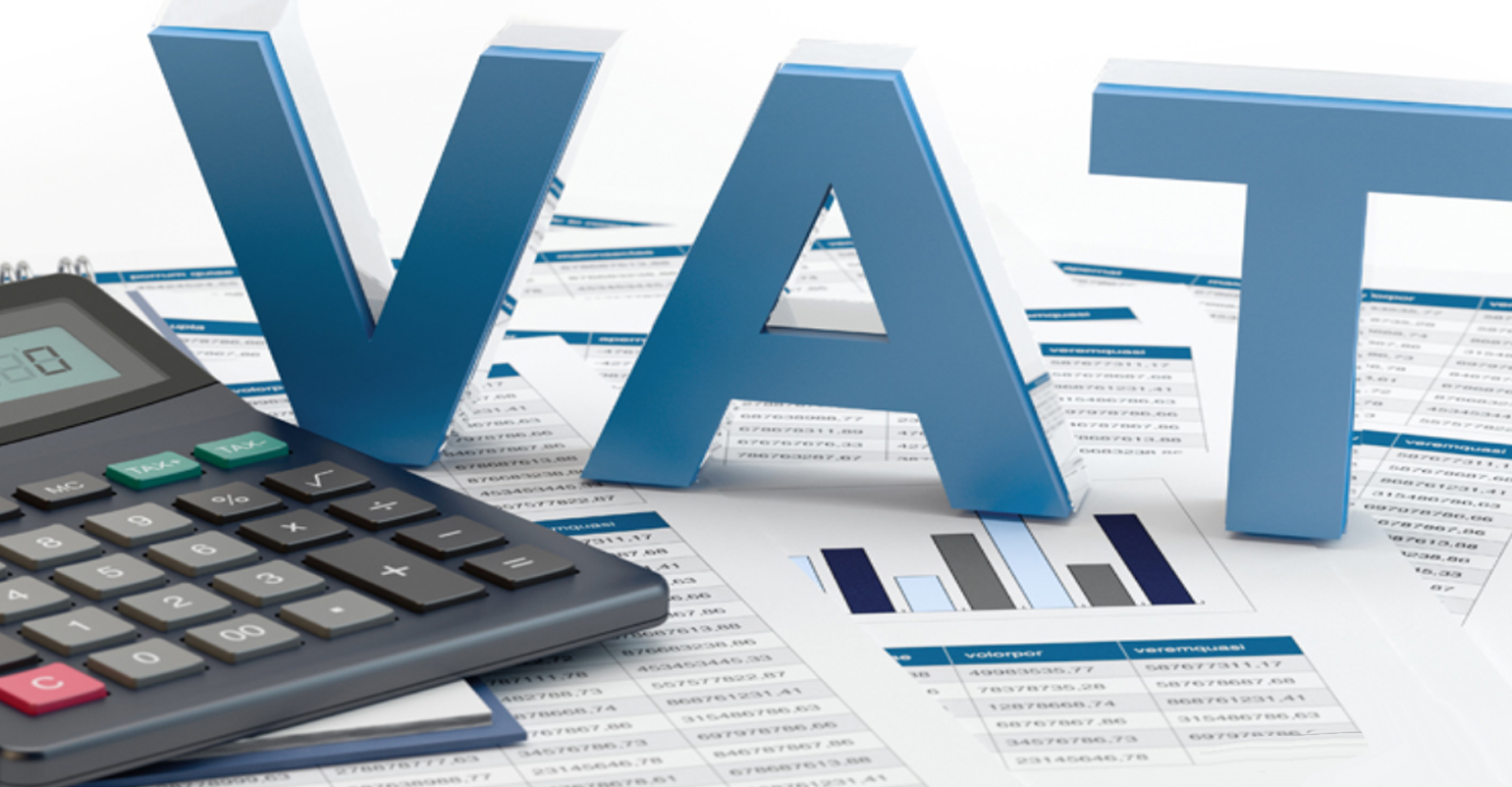As the global economy continues to evolve, more countries are adopting Value Added Tax (VAT) systems to generate revenue and reduce their dependence on traditional sources of income. Oman, a country known for its rich culture and history, is no exception. VAT is an essential component of Oman's taxation landscape, and it has far-reaching implications for businesses and taxpayers in the Sultanate. Being one of the best financial accounting and auditing service providers in Muscat, we will take a closer look at Oman's VAT system, its implementation, and how it impacts businesses and individuals within the Sultanate.
What is VAT?
Value Added Tax, or VAT, is a consumption tax levied on the value added at each stage of the supply chain. VAT is applied to the value that is added to products and services at every step of production or delivery. It is a widely used method of raising money because the final customer bears the cost. The introduction of Value Added Tax is aimed to improve the nation's general economic stability, decrease the fiscal deficit, and diversify revenue sources.
Oman's VAT Implementation & Threshold
Oman introduced its VAT system on April 16, 2021, at a standard rate of 5%. The VAT system is administered by the Tax Authority, and businesses exceeding the turnover threshold of OMR 38,500 are required to register for VAT. Small businesses with annual turnovers below this threshold are exempt from VAT registration.
Input Tax Credit for Companies in Oman
Registered businesses can offset the VAT they pay on their purchases (input tax) against the VAT they collect from their customers (output tax). This mechanism helps reduce the tax burden on businesses and promotes compliance.
Oman VAT Registration and Filing
Businesses that meet the registration criteria must apply for a VAT registration certificate. They are then required to file regular VAT returns, usually on a quarterly basis, but this frequency can change based on turnover and industry. Accurate record-keeping and timely filing are essential to remain compliant with Oman's VAT regulations.
VAT Impact on Businesses in Oman
Oman's VAT system has several implications for businesses operating within its borders:
● Financial Impact:
Businesses need to account for the 5% VAT on their goods and services. This may lead to price adjustments, affecting consumer behavior and competitiveness.
● Administrative Burden:
Businesses must invest in administrative resources to comply with VAT regulations, from record-keeping to filing VAT returns. Non-compliance can result in penalties.
● Cash Flow Management:
Companies must manage their cash flow effectively, as they pay VAT on their inputs (purchases) and collect VAT on their outputs (sales). The net VAT liability must be remitted to the Tax Authority.
Impact of VAT on Consumers in Oman
VAT has a direct impact on consumers in Oman:
● Price Increase:
The introduction of VAT often leads to higher prices for goods and services, as businesses pass on the VAT cost to consumers.
● Consumer Behavior:
As prices increase, consumers may adjust their spending habits, favoring essential items over non-essential ones.
● Government Revenue:
VAT contributes to government revenue, which can be reinvested in public services and infrastructure.
Oman VAT Exemptions and Zero-Rating Products/Services
Zero-rated items and a few exclusions are features of Oman's VAT system. Zero-rated supplies are taxed at a rate of 0%, whilst exempt supply is not subject to VAT. Financial services and rental property are examples of exempt supplies, whereas exports, international transportation services, and some food items are examples of zero-rated supplies.
VAT Compliance Requirements
● Filing VAT Returns
VAT-registered businesses in Oman are required to file VAT returns on a regular basis, typically on a quarterly basis. These returns detail their VAT transactions, including input and output tax amounts.
● Payment of VAT
Businesses must pay any VAT owed to the tax authority by the prescribed deadlines. Late payments can result in penalties.
● Audits and Inspections
The Omani tax authorities have the right to audit and inspect a business's VAT records to ensure compliance. It is crucial for businesses to maintain accurate records and documentation.
Other Types of Taxes in Oman
● Corporate Income Tax
Oman imposes Corporate Income Tax on the profits of companies. As of my knowledge cutoff date, the standard rate was 15%, and certain tax incentives were available in specific sectors.
● Withholding Tax
Withholding Tax is applicable on payments made to non-resident individuals or entities. The rates can vary based on the nature of payments and applicable tax treaties.
● Municipal Taxes
Municipal Taxes are local taxes imposed by municipalities in Oman. These taxes can vary from one municipality to another and are typically based on the rental value of properties.
● Social Security Contributions
Oman requires both employers and employees to make social security contributions. These contributions help provide social security benefits, including pensions, to eligible individuals.
Conclusion
An important step in the economic development of Oman is the implementation of the VAT system. Oman hopes to attain fiscal sustainability and lessen its dependency on oil income by broadening its sources of income. To effectively navigate the shifting economic landscape, businesses and consumers must comprehend the VAT system and adhere to its requirements. Staying up to date on updates and modifications to legislation is crucial for individuals and businesses to prosper in the Sultanate's constantly changing financial landscape, especially as Oman continues to hone and adjust its VAT system. Excellence Audit & Accounting Services in Muscat is your full-service accounting and auditing partner because we are the top provider of financial auditing and accounting services including VAT and Tax consultancy services in Oman. Reach out to us right now, and we will assist you!

